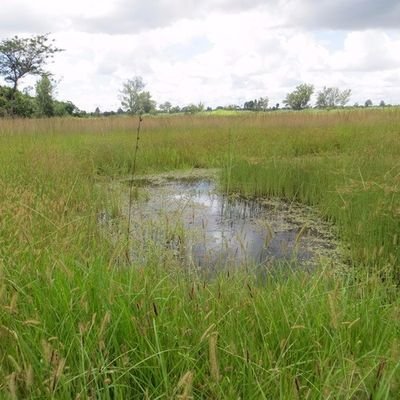NECJ Urges Swift Action to Protect Harare’s Wetlands

By Staff Reporter
On World Wetlands Day, the Network for Environmental and Climate Justice (NECJ) emphasized the critical role wetlands play in sustainable development and human well-being. The 2024 theme, “Wetlands and Human Wellbeing,” highlights the intricate link between wetlands, sustainable development, and human health.
Despite their vital importance, wetlands face an alarming threat globally, with statistics revealing a loss of 64 percent of the world’s wetlands since 1900. This loss has resulted in reduced access to fresh water, impacting an estimated 2 billion people worldwide. NECJ calls for concerted efforts to protect wetlands globally to safeguard human well-being and sustainable development.
In Zimbabwe’s capital, Harare, wetlands are a major water source, yet they continue to be lost due to unsustainable practices such as agriculture, sand mining, poor law enforcement, illegal construction, and pollution.
As a signatory to the Ramsar Convention, NECJ implores the Zimbabwean government to prioritize wetland protection, crucial for human well-being and habitat preservation.
Zimbabwe has legal frameworks in place, including the Environmental Management Act and associated regulations, highlighting the importance of wetland preservation.
“Harare’s outdated Masterplan- last updated in 1992- makes little reference to wetlands and their invaluable services for the City of Harare. This has paved the way for chaotic land allocations (including on wetlands) which often disregard environmental sustainability.
“Wetlands degradation has been rampant in Harare and this is coming on the backdrop of erratic water supplies, a situation that could be addressed through preservation and restoration of wetlands which are Harare’s second source of water after run-off.
“It is worth noting that land use planning in Harare has largely failed to integrate the issue of wetland ecosystems and this has come with heavy costs for the city,” said the network
NECJ says Harare continues to use outdated colonial legislation on urban planning which was initially meant for a smaller population and this works against proper land use and planning.
“At a time, the city is using an outdated master plan, the demand for land for construction or housing purposes is continuously increasing in Harare and consequently, these projects are being,” said NECJ









